Patterns | Term 1 Chapter 3 | 5th Maths - Patterns in Numbers: square, triangular numbers | 5th Maths : Term 1 Unit 3 : Patterns
Chapter: 5th Maths : Term 1 Unit 3 : Patterns
Patterns in Numbers: square, triangular numbers
Patterns in Numbers
To Identify patterns in square numbers
and triangular numbers.
Square numbers
Introduction:
For finding the square of a number we
multiply the number by itself. A square number is always positive. The numbers
like 4, 9, 25... can be expressed as the product of a number and itself.
1 × 1 = 12 = 1
2 × 2 = 22 = 4
3 × 3 = 32 =
9
4 × 4 = 42 = 16 and
so on..
When you multiply a
number by itself, the result is a square number.
Activity
Enjoy the game Book
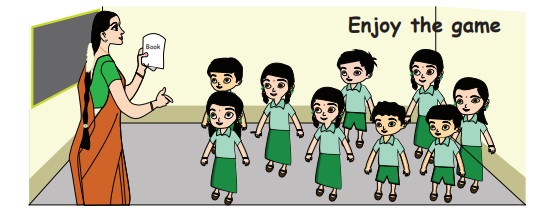
The teacher should say
square number in order. All the students of the class should form groups
according to their numbers.
Remaining students are
runners up due to failure.
For example if a teacher
say 4, if 33 students are in a class. All the students should create group of 8
students in the form of a square each of having 4 persons. One student will
remain without a group Likewise we can play the numbers 9, 16, 25 ………
A number that can be shown using a
pattern of dots in a square using flowers or small balls.
We can arrange by counting below
numbers, that will make a square shape.
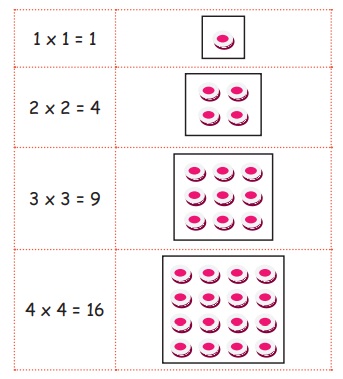
Think it
Two square numbers are
added together to make another square number.
Ex. 9 + 16 = 25 Can you
find other one?
Look at the figures shown below

Do you know
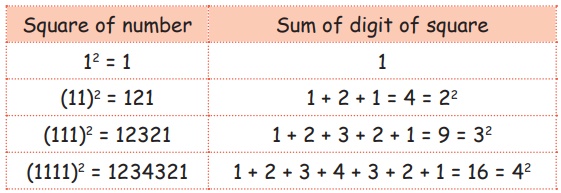
Let us know : Joshua
formed a square using 12 bindis. is it 12 is a square number?
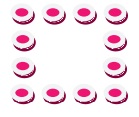
No because there are so many gapes in
the square. Though the number 12 made the square. But it is not a square number.
Do yourself
1. Count and write the
tiles :

2. Circle the square numbers
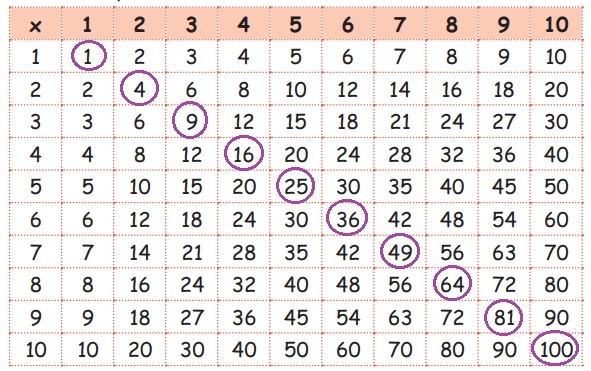
Triangular Numbers
Any of the series of numbers obtained by
continued summation of the natural numbers.
A number that can make a triangular dot
pattern.

By adding another row of dots and
counting all the dots we can find the next number of the sequence.
The first triangle has just 1 dot.
The second triangle has another row
with 2 extra dots, making 1+2=3
The third triangle has another row
with 3 extra dots, making 1+2+3=6
so, the fourth has 1+2+3+4=10. And the
series goes on,
Here 1, 3, 6, 10, 15, ... are called
triangular numbers.
These
numbers 1, 3, 6, 10, 15, 21... etc. are in triangular shapes.
Note: Picture form of a triangular numbers can make a equilateral
triangle or right angle triangle.
Do you know : What is the relationship between triangular numbers and natural
numbers?
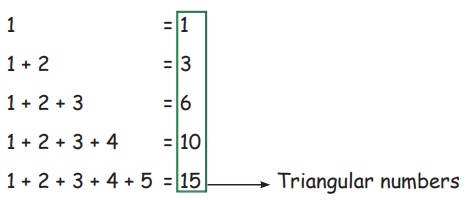
Can you understand now? Yes, The sum of
consecutive natural numbers make the triangular numbers.

Do yourself: Make the triangle shapes in the form of series
of the triangular numbers by nuts
Related Topics